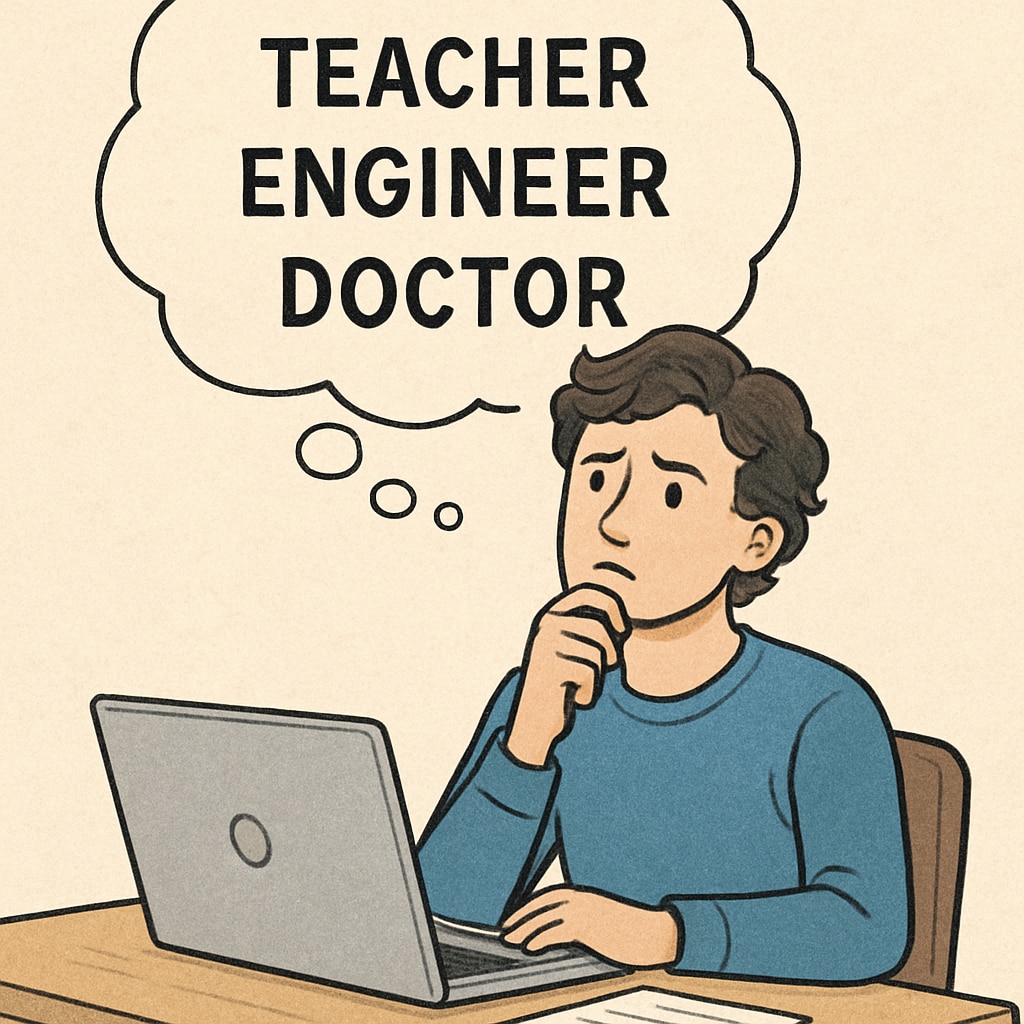Leaving university prematurely can feel like standing at a crossroads with no clear signposts. For many, the decision to drop out stems from various reasons—financial constraints, lack of interest in the chosen field, or personal challenges. However, the journey doesn’t end there. The next steps—choosing a new major, redefining a career path, or even deciding whether to return to formal education—hold the key to shaping one’s future. In this article, we examine the complex interplay between personal interests and societal expectations, offering practical advice for university dropouts navigating their professional and academic decisions.
Rethinking Education: Is Returning to University the Right Choice?
One of the first questions many dropouts face is whether they should return to university. While society often places a strong emphasis on formal education, it is important to assess whether this aligns with your personal goals and values. For some, a traditional university degree may still be the best route to achieving career aspirations, especially for roles that require specific qualifications, such as medicine or law.
However, for others, alternative paths like vocational training, online certifications, or entrepreneurship might align better with their strengths and circumstances. For example, platforms like Coursera or edX offer a range of specialized courses that can boost your skills without the need for a full-time commitment to university life.

Balancing Passion and Practicality in Career Planning
Choosing a career path often involves striking a balance between personal passions and practical considerations. While pursuing your interests can lead to greater job satisfaction and motivation, it is also crucial to evaluate the market demand for your chosen field. Ask yourself the following questions:
- What industries are growing, and do they align with my interests?
- What transferable skills do I already possess that could be valuable in these industries?
- Am I willing to adapt or acquire new skills to meet market demands?
For example, someone with a passion for art might explore fields like graphic design, which combines creativity with high market demand. Similarly, a love for writing could translate into opportunities in content marketing or technical documentation.

Building a Framework for Decision-Making
Making major life decisions, especially after dropping out of university, can feel overwhelming. To simplify the process, consider using a structured decision-making framework:
- Self-Assessment: Reflect on your interests, values, strengths, and weaknesses. Tools like the Myers-Briggs Type Indicator or the Holland Code can provide useful insights.
- Research: Gather information on potential careers, required qualifications, and industry trends. Leverage resources like the U.S. Bureau of Labor Statistics to explore job outlooks.
- Experimentation: Test your options through internships, freelance projects, or volunteering to gain firsthand experience.
- Goal-Setting: Define clear, actionable steps to transition into your chosen field.
Remember, decision-making is an iterative process. It’s okay to adjust your plans as you gain more clarity about your goals and preferences.
Overcoming Societal Expectations and Self-Doubt
University dropouts often face stigma, making it crucial to develop resilience and a strong sense of self-worth. Surrounding yourself with supportive individuals—mentors, friends, or family members—can provide encouragement and guidance. Additionally, focusing on incremental achievements, such as completing a short-term course or landing an entry-level job, can build confidence over time.
In today’s dynamic world, success is no longer confined to traditional pathways. Many thriving professionals, from tech entrepreneurs to artists, have carved unique routes to their goals, proving that there’s no one-size-fits-all approach to career success.
In conclusion, navigating life as a university dropout requires introspection, research, and courage. By balancing personal passions with practical considerations, exploring alternative educational opportunities, and building a robust decision-making framework, you can redefine your trajectory and create a fulfilling career path. Remember, your journey is uniquely yours—embrace it with confidence and determination.


